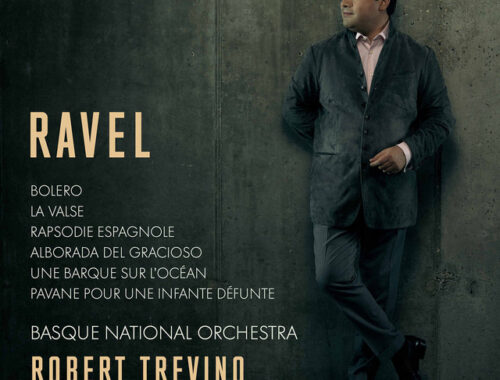GRAMOPHONE Review: Kathleen Ferrier in New York – Kathleen Ferrier, Set Svanholm, New York Philharmonic Orchestra/Walter
 A treasure, to be sure. Four years before Bruno Walter’s celebrated, indeed classic, Vienna recording (1952) with Kathleen Ferrier, the man who conducted the world premiere of Mahler’s pantheistic symphony with voices takes his newest discovery from the Edinburgh Festival to America, there to share her extraordinary kinship with the piece at New York’s Carnegie Hall. There were three performances. This was the third of them.
A treasure, to be sure. Four years before Bruno Walter’s celebrated, indeed classic, Vienna recording (1952) with Kathleen Ferrier, the man who conducted the world premiere of Mahler’s pantheistic symphony with voices takes his newest discovery from the Edinburgh Festival to America, there to share her extraordinary kinship with the piece at New York’s Carnegie Hall. There were three performances. This was the third of them.
And let me say straight away that whilst Ferrier was by her own account fighting a cold at the time this performance for me gives a far clearer sense of why Walter felt he had found the ideal singer for the piece than his later Vienna recording. He speaks very movingly about his first meeting with Ferrier in a couple of priceless audio interview snippets included on the disc. He recalls how he had hitherto decided that he would only conduct the piece again if he found the right singer and that hearing the unique Ferrier sound for the first time was one of the great revelations of his life. A bold statement – but then Walter knew better than most that the plangency of that sound with its affecting flutter of vibrato would illuminate both the letter and the spirit of Mahler’s score in ways that even the composer might not have imagined.
Ferrier’s shadings in ‘Der Einsame im Herbst’ bring with them a new depth of expression. The pianissimos are more intense than in the later Vienna recording – ‘Mein Herz its müde’ (‘My heart is weary’) is as inward as the later climax at ‘Sonne Der Liebe’ (‘Sun of love’) is impassioned. But it is the colour of the voice and the way it resonates in and around Mahler’s orchestra that is so spellbinding. In the final setting ‘Der Abschied’ – a movement which brought us such a new and timeless soundscape the solitary nature of Ferrier’s timbre makes lines like ‘I am seeking rest for my lonely heart’ all the more poignant.
The other voice in this live performance is that of the Swedish heldentenor Set Svanholm – a hefty presence, for sure, in this most treacherous of sings and ideally suited to the opening heroics even if some of the shorter grace notes get smudged in the process. But I love the way his vision of the firmament at the heart of the first song is intensified by the ‘covered’ sound and whilst he is perhaps lacking a lighter touch in the later settings he is not without subtlety compared to what often passes for singing in this music.
Walter for his part owns the pacing and phrasing of the work – as well he might – and marries space and timelessness to an impassioned urgency. The orchestral detail is remarkable given the source of 78rpm acetate transcription discs – and the remastering has preserved a surprising degree of transparency in what one might call the exotic embroidery of the scoring. The great orchestral processional at the heart of the final movement begins with a supernatural shudder of string basses that still conveys some sense of what it must have sounded like in the hall.
The three Bach additions culminate in ‘Bist du bei mir’ which given Ferrier’s cruelly premature demise lingers as long in the memory as the final repetitions ‘Ewig…ewig…’ – for ever…and ever.
You May Also Like

GRAMOPHONE Review: Copland Billy The Kid Suite / Dvořák Symphony No. 9 ‘From the New World – National Symphony Orchestra, Washington DC/Noseda
25/03/2020
GRAMOPHONE Review: Ravel Orchestral Works – Basque National Orchestra/Trevino
27/07/2021

